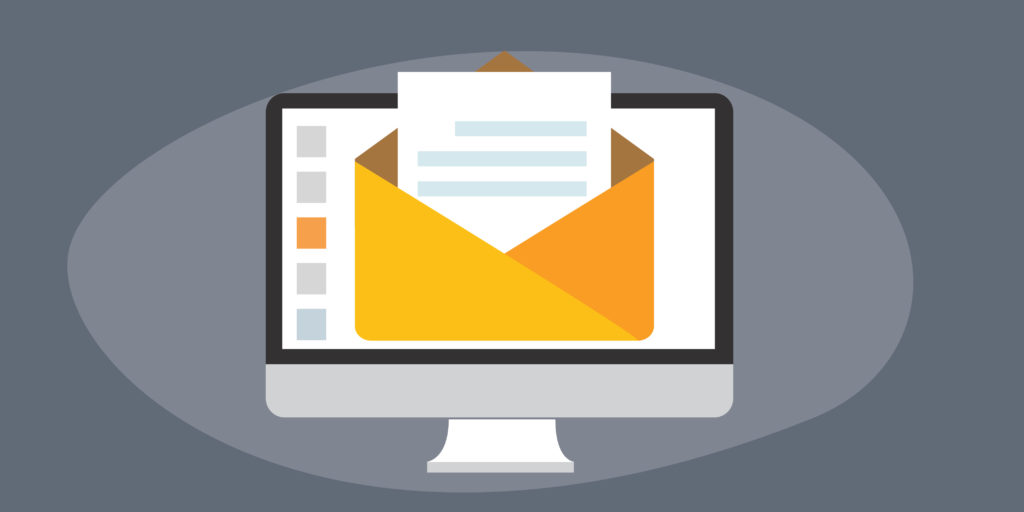
Your email address is one of the ways you connect with people electronically, and it can reveal a lot about you. Maybe it’s as simple as some form of your name: first and last name or last name plus first initial. Or maybe it’s fun, containing information about your pet, favorite things or location. It could be totally cryptic, meaning absolutely nothing to the casual observer.
It’s important to keep in mind that your email address can relay a lot of information about you, so keep this in mind when communicating with others. Is this a professional communication? Emailing among friends? Ordering online?
First, if you need to create an email address, you will need to think about its intended use. If you use a hosted email service, you have several to chose from such as Google, Yahoo, AOL, MSN, etc. You may be able to create an email address from your Internet service provider as well.
If you are a creating an email address to use for professional correspondence, make sure you use one that includes some or all of your name. Don’t make it cute or funny. Avoid nicknames or any personal information. Your email is the first impression a job recruiter or important contact will have of you.
You should have at least two email addresses. One will be used to conduct business, and one will be for personal business. Separation of these accounts is crucial for many reasons. If you work for an organization that provides your email address, make sure you use this for business-related communication only. Your assigned email address from your employer does not officially belong to you. Any correspondence at that address can be retrieved and read by your organization. If you leave the company, you may no longer have access to that account. If you use this email for non-business transactions, you are putting yourself and your company, at risk. Suppose you logged into a site that ultimately suffered a data breach. Your email and password have been exposed. This breach could prove a danger to your organization. Corporate emails are also targets for scammers. If they scrape these off the pilfered database and the same credentials were used elsewhere, it could cause a huge security risk.
Your personal email can be whatever you want it to be, but you should still avoid making it too personal. Don’t include birth dates or phone numbers. Make it fun but readable.
If you do a lot of online shopping, you may want to consider an additional email address to use strictly for shopping and other online transactions. Sometimes websites will require an email in order to access content. Having a separate email address for online shopping will help reduce the spam received in your regular account.
And most importantly, NEVER use the same password for each account or online resource you use. Use unique passphrases, long and strong.
